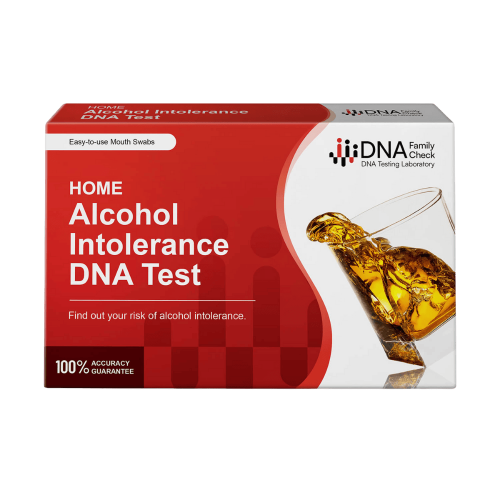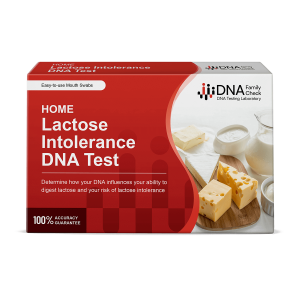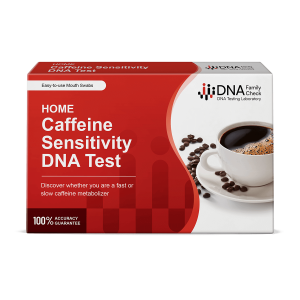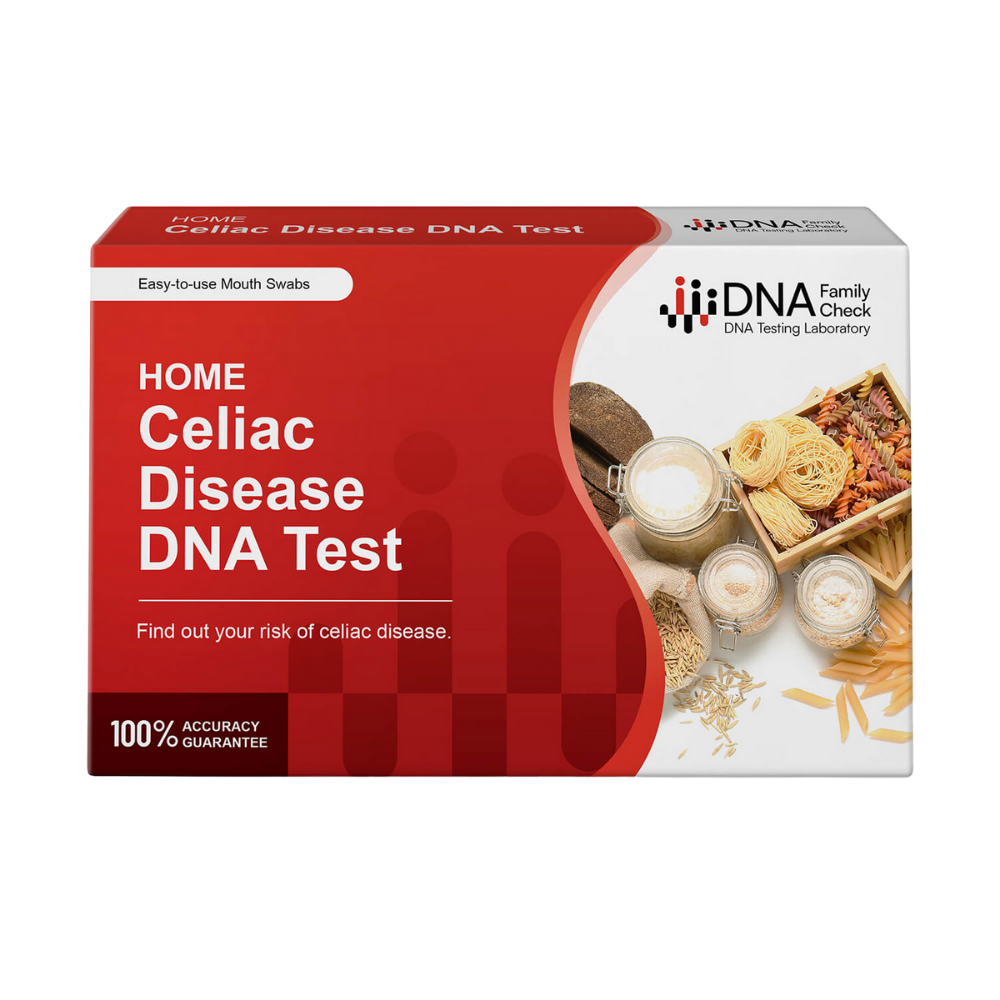

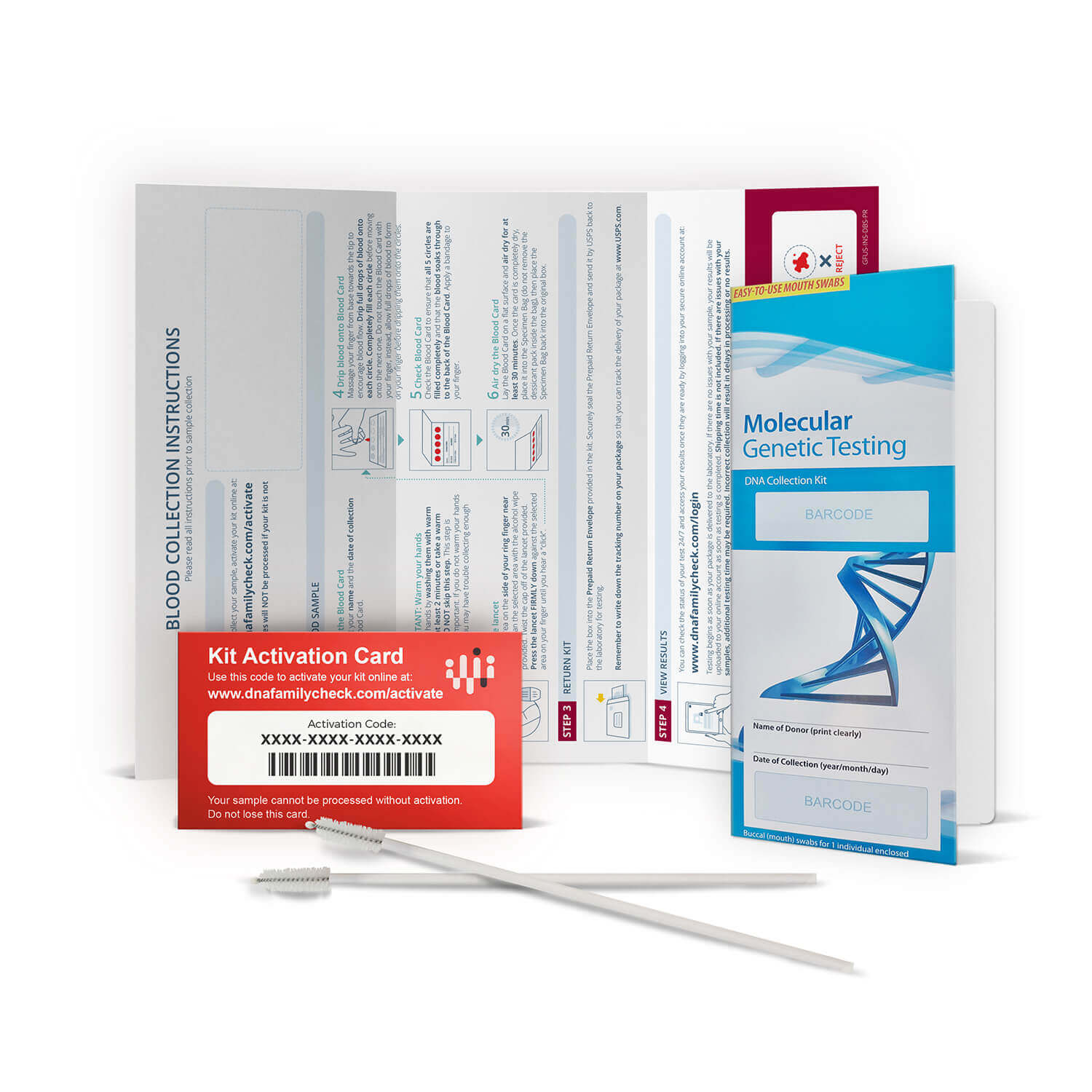
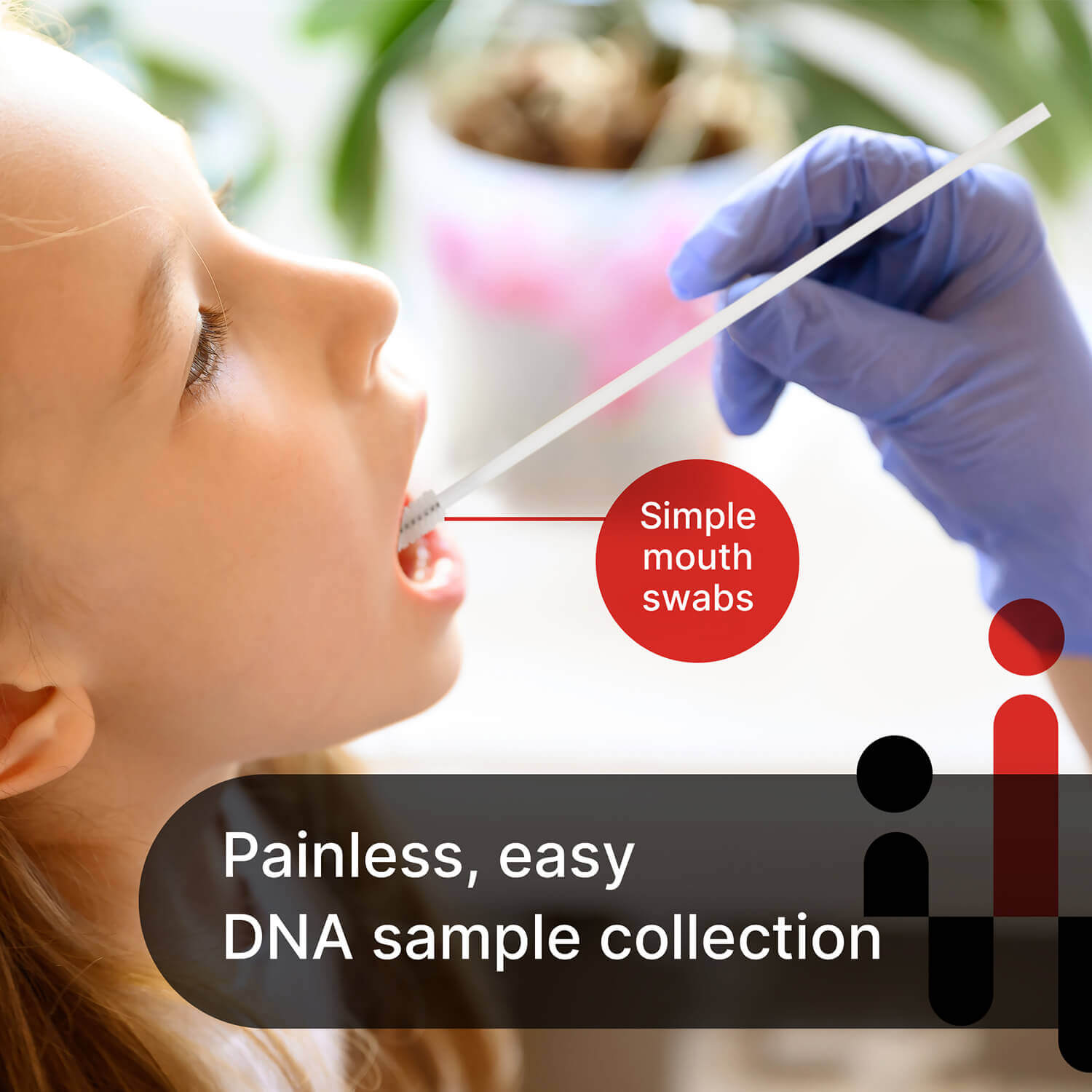
Celiac Disease DNA Test
$249.00
Understand your genetic predisposition to celiac disease with the Celiac Disease DNA Test. This test analyzes the HLA-DQA and HLA-DQB genes, identifying markers linked to a higher risk of developing celiac disease, an autoimmune condition triggered by gluten intake.
- Understand your genetic risk for celiac disease.
- Simple, non-invasive cheek swab collection done at home.
- Access your results securely online, ensuring complete privacy.
Out of stock
Summary
What is Celiac Disease?
Celiac disease is an autoimmune condition in which the ingestion of gluten—a protein found in wheat, barley, and rye—causes an immune reaction that damages the lining of the small intestine. This damage can lead to a range of symptoms, including gastrointestinal distress, nutrient malabsorption, fatigue, and long-term health complications such as anemia or osteoporosis if left untreated. The condition can only be managed through a strict, lifelong gluten-free diet.
The HLA-DQA1 and HLA-DQB1 Genes
The HLA-DQA1 and HLA-DQB1 genes belong to the human leukocyte antigen (HLA) complex, which helps regulate the immune system by identifying foreign substances and initiating immune responses. Specific variants of these genes are strongly associated with celiac disease.
HLA-DQA1*05 Variant: This gene variant is one of the two that forms the HLA-DQ2 haplotype. The presence of this variant indicates an increased risk of celiac disease, as it influences how the immune system responds to gluten.
HLA-DQB1*02 Variant: This variant is the other part of the HLA-DQ2 haplotype and is present in most individuals with celiac disease. People who carry both the HLA-DQA1*05 and HLA-DQB1*02 variants are at a significantly higher risk for developing the disease.
HLA-DQB1*0302 Variant: This gene variant forms part of the HLA-DQ8 haplotype, which is associated with celiac disease in individuals who do not carry the HLA-DQ2 haplotype. While less common, individuals with this variant are still at a higher risk for the condition.
The Celiac Disease DNA Test
The Celiac Disease DNA Test is designed to identify whether you carry specific genetic markers associated with celiac disease. The test analyzes key variants in the HLA-DQA1 and HLA-DQB1 genes, which are part of the human leukocyte antigen (HLA) system, responsible for regulating the immune response. These genes influence how the body responds to gluten, and certain variants significantly increase the risk of developing celiac disease.
The two main haplotypes associated with celiac disease are HLA-DQ2 and HLA-DQ8. These haplotypes are formed by specific combinations of variants in the HLA-DQA1 and HLA-DQB1 genes:
HLA-DQ2 (Formed by HLA-DQA1 05 and HLA-DQB1 02): Approximately 95% of individuals with celiac disease carry this haplotype. The presence of HLA-DQ2 indicates a higher genetic risk for developing celiac disease. Individuals who carry both the HLA-DQA1 05 and HLA-DQB1 02 variants are more likely to develop the condition, especially if there is a family history of celiac disease.
HLA-DQ8 (Formed by HLA-DQB1 0302): Around 5% of individuals with celiac disease carry the HLA-DQ8 haplotype. While less common than HLA-DQ2, this haplotype still confers a significant risk for developing celiac disease.
The presence of these genetic markers does not guarantee that an individual will develop celiac disease, but it indicates a higher susceptibility. Conversely, the absence of these markers makes it highly unlikely that a person will develop the condition.
By determining whether you carry the HLA-DQ2 or HLA-DQ8 haplotypes, the Celiac Disease DNA Test provides valuable insight into your genetic risk. This information can be useful in guiding further diagnostic steps, particularly if you are experiencing symptoms related to celiac disease, such as digestive issues, fatigue, or nutrient deficiencies.
How it works

Collect

Ship

Results
Benefits
Convenience
No Hidden Fees
Fast & Accurate
Secure Online Access
About
Why DNA Family Check?
With over 20 years of experience and a proven track record, DNA Family Check is the trusted leader in relationship DNA testing. Our high-volume accredited laboratory has helped millions of families worldwide find answers and resolve questions about their relationships. As pioneers in the industry, we were one of the first to introduce the easy cheek swab method that's now the industry standard.
With our longstanding commitment to excellence and innovation, it's no wonder we're America's #1 choice for paternity answers. Our accredited laboratory is dedicated to providing accurate, reliable, and confidential results, ensuring that families receive the truth they need to move forward. With DNA Family Check, you can trust that you're in good hands.
